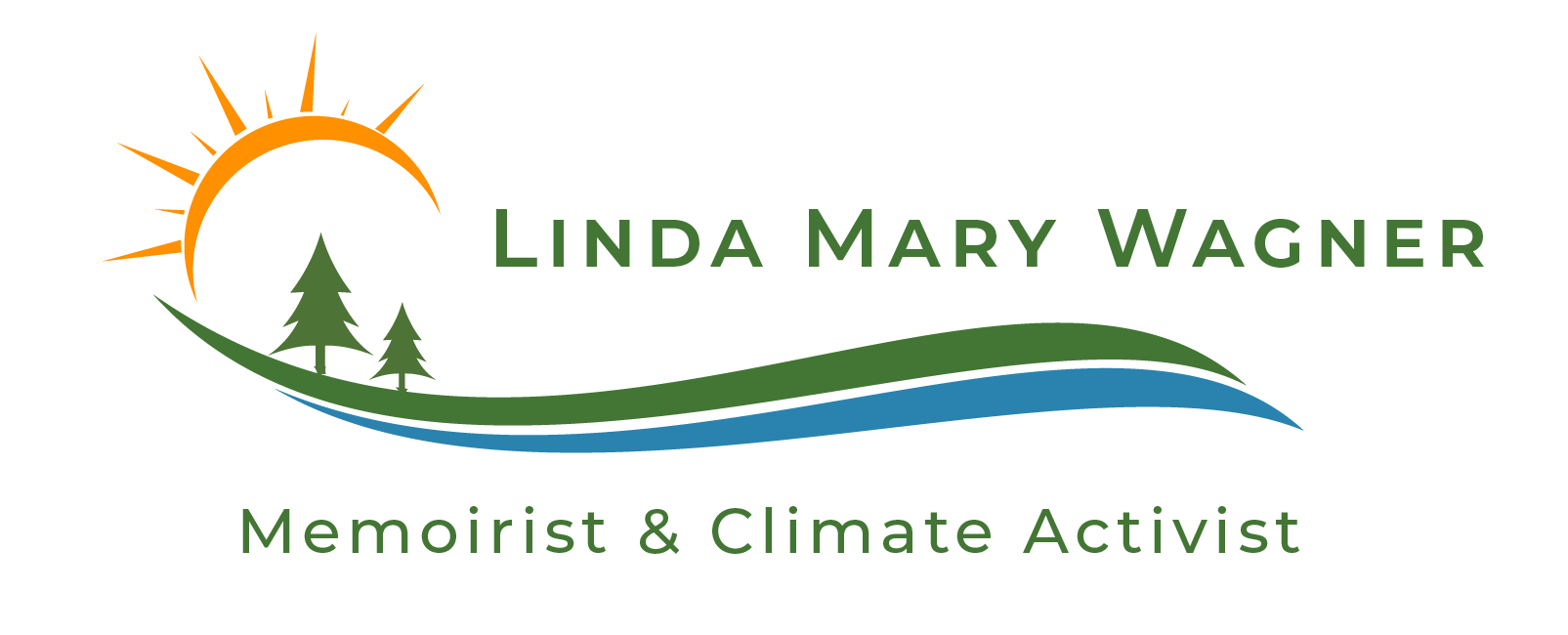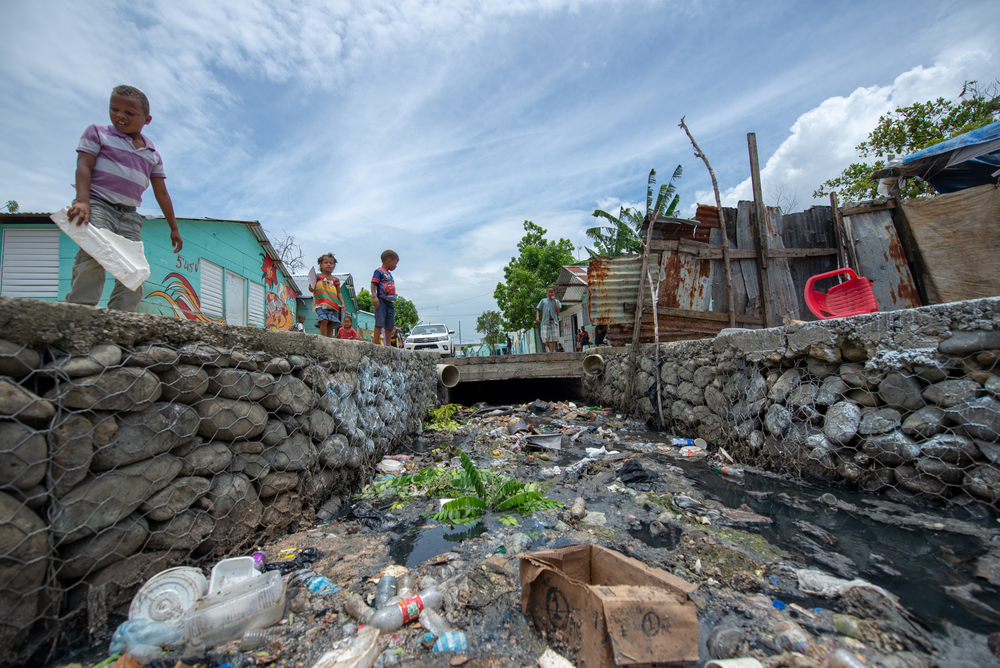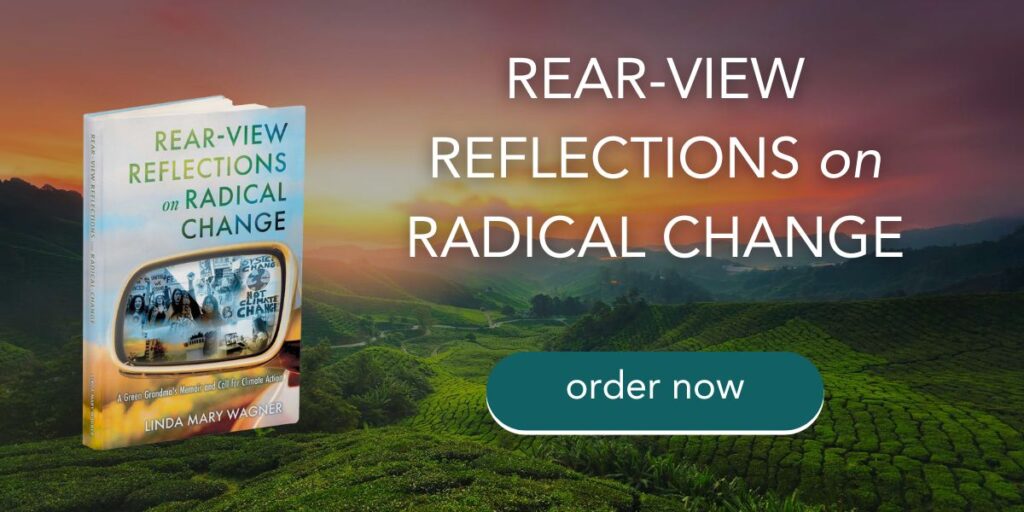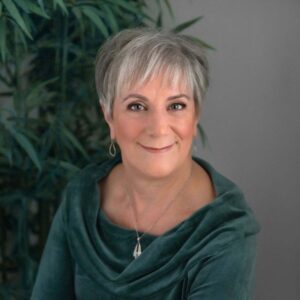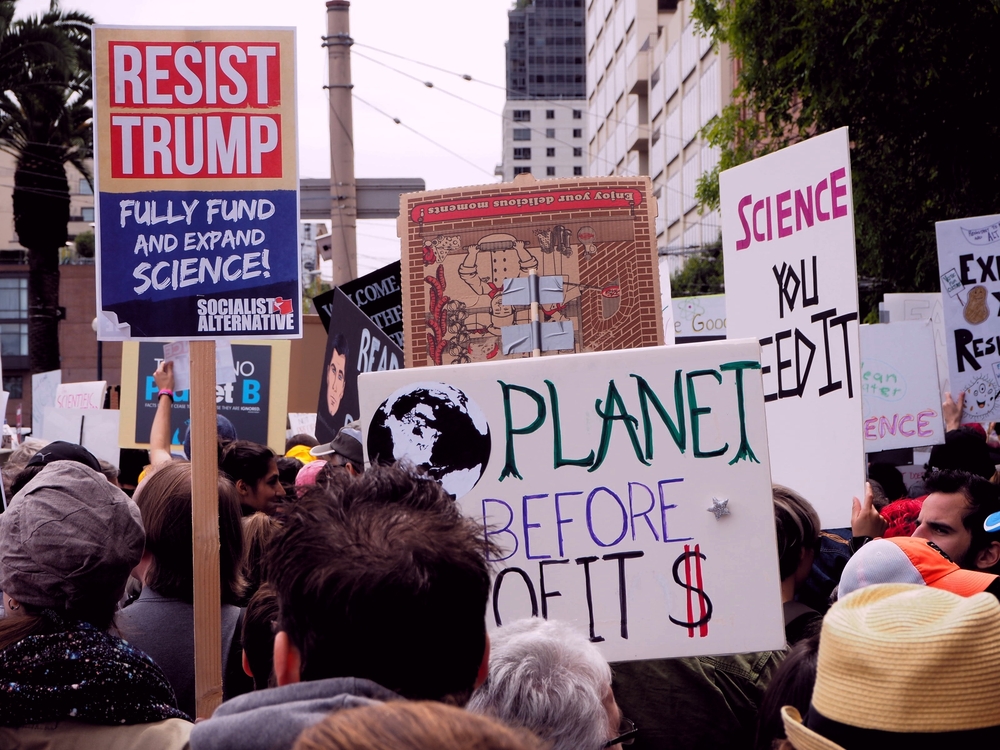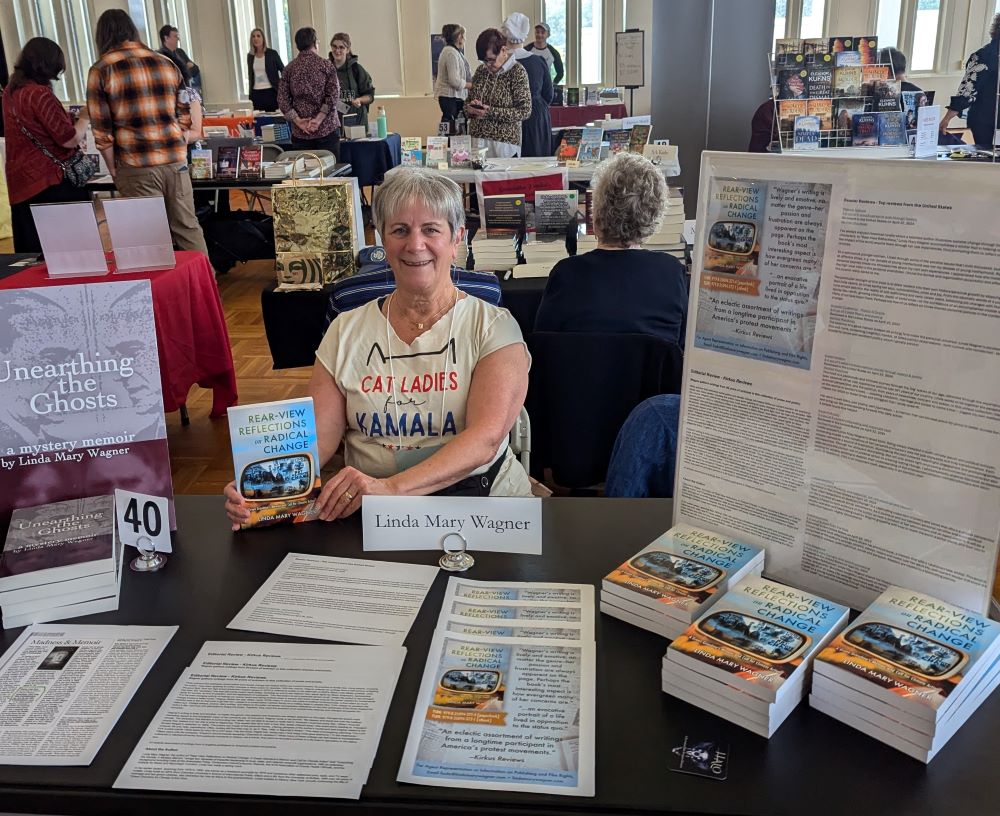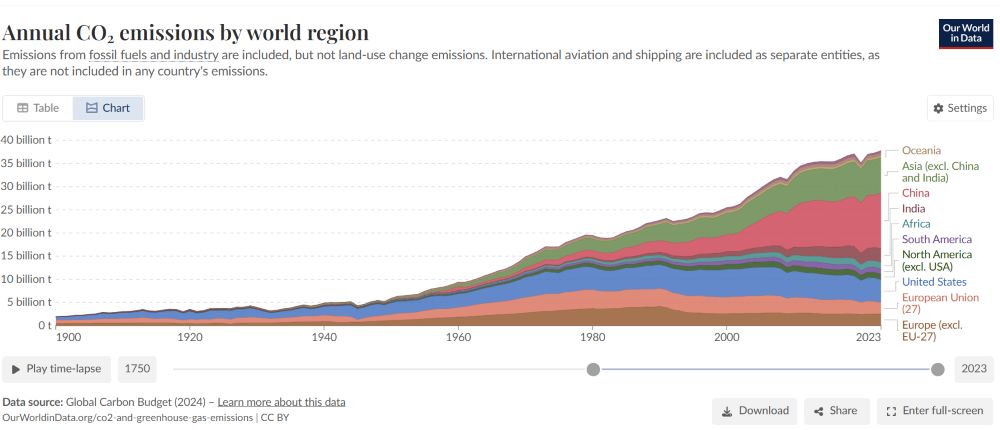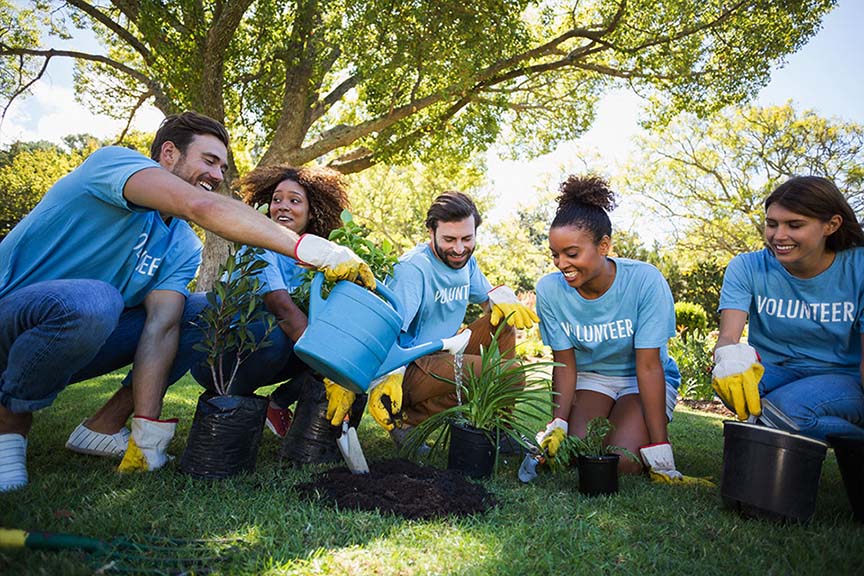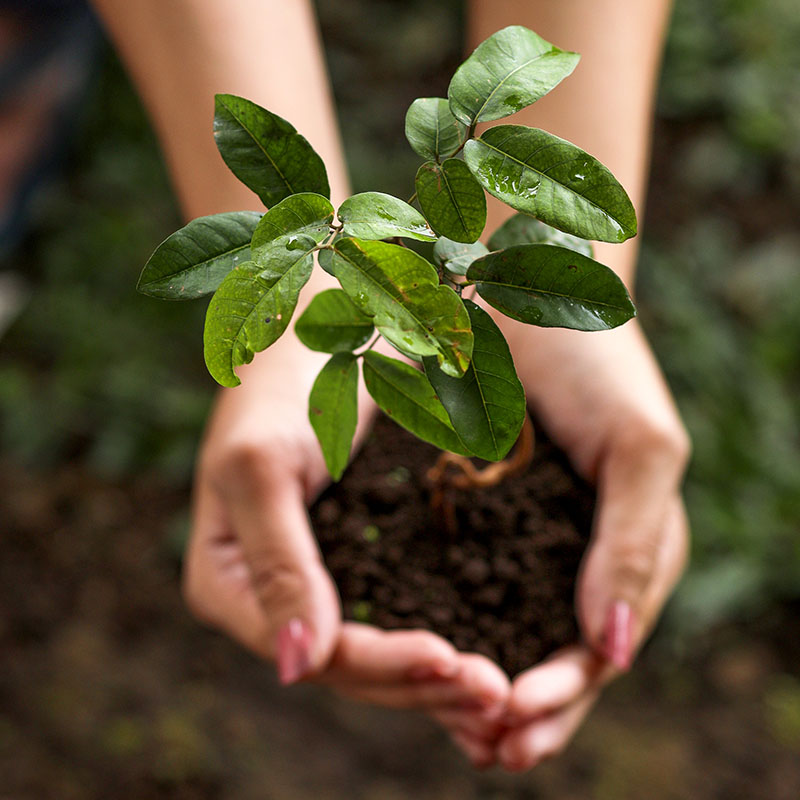You can find a basic primer on climate justice on Yale University’s Climate Connections website, under this title: What is ‘climate justice’? As the subtitle says, “It begins with the idea that the consequences of a warming climate are not felt equitably.”
In any nation, communities that society has marginalized historically due to skin color, race, poverty, religion, language, or ethnic factors have different experiences, histories, and physical environments than communities of the most privileged. Throughout the world, these differences may manifest in everything from how laws and civil rights are enforced in those communities, to access to decent housing, education, and health care.
Toxic Environments Compound Climate Change Impacts in Marginalized Areas
People around the world have gained awareness of climate change and the human activities that have fostered it over the past century or two. But the communities experiencing the earliest, most dramatic, life-threatening impacts of climate change are usually the same marginalized communities that suffer in many other ways. Often, they contain sites where polluting industries are based and toxic wastes are dumped. These neighborhoods and regions need special climate action attention.
Yale Climate Connections states what has become increasingly obvious. “Climate change is happening now and to all of us. No country or community is immune,” according to UN Secretary-General António Guterres. “And, as is always the case, the poor and vulnerable are the first to suffer and the worst hit.”
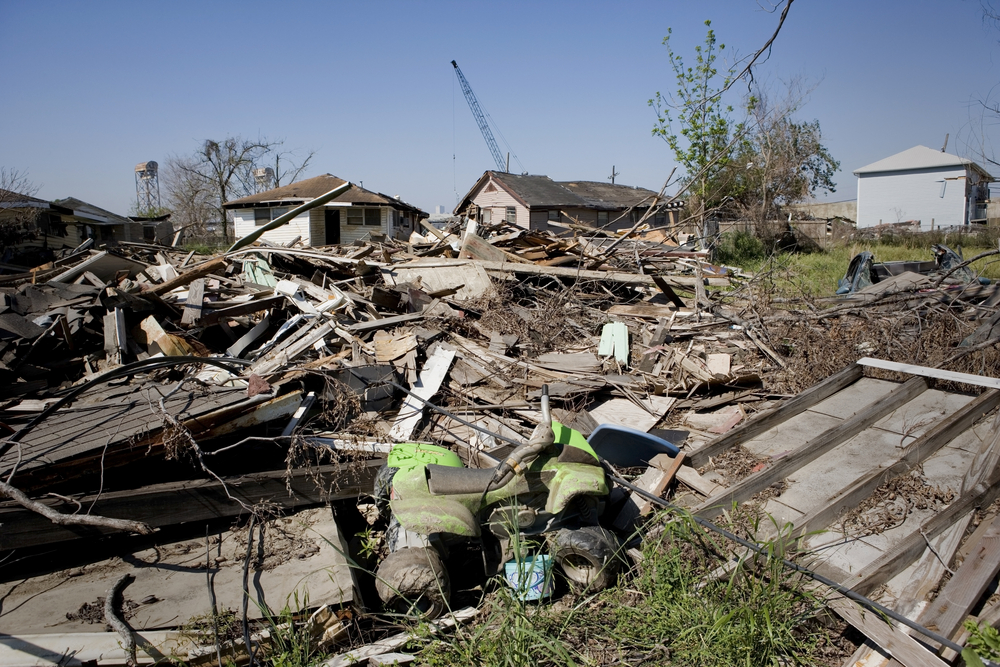
The youngest and most vulnerable people in most societies may contribute less per capita to the greenhouse gas emissions fueling the climate crisis. But when a weather disaster such as hurricanes, tornadoes, flooding, wildfires, heat, drought, and poor air quality hit communities already on the edge, they have fewer resources to manage the crisis and rebuild their lives and homes.
As a result, new organizations and individuals have sprung up around the globe to educate the broader public about the unequal impact of climate change on marginalized communities. Many of these groups are also taking action to ensure greater resilience in areas that are likely to suffer earliest and greatest from polluting industries and the climate crisis.
Biden Administration Focuses on Climate Justice
In the U.S., President Joe Biden collaborated with Congressional partners early in his administration to pass legislation focused on climate action. Last November, Inside Climate News reported on the administration’s focus on climate justice in its article, “Environmental Justice a Key Theme Throughout Biden’s National Climate Assessment.”
The report noted that this was the first time the federal government included the justice and equity issue in its National Climate Assessment, which has been published periodically since 2000. Inside Climate News added, “To coincide with the release of the report, the administration announced $6 billion in federal investments into new and expanded programs to reduce flood risk, advance environmental justice, and bolster the aging U.S. electric grid—money that Congress previously made available in the 2021 bipartisan infrastructure act and other legislation.”
In addition to tracing how housing redlining has affected neighborhood environments and acknowledging the impact of climate change on food security of marginalized communities, this Fifth National Climate Assessment discusses the impact of climate change on indigenous tribal groups. “The report explores how climate change has compounded industrial colonialism’s assaults on the health and traditions of Indigenous peoples. Climate-induced sea level rise and storm surges endanger coastal tribes’ sacred sites, burial grounds and culturally important foods. Climate change threatens tree species used to make totem poles, lodges and basketry. Changes to the Alaskan Arctic sea ice appear likely to make certain Iñupiaq words obsolete.”
The Green Girl Highlights Climate Justice Issues

One advocate who has brought climate justice to public view is a young woman known as “The Green Girl,” Leah Thomas. Author of The Intersectional Environmentalist: How To Dismantle Systems of Oppression To Protect People and Planet, Ms. Thomas is the one-woman force behind Green Girl Productions. She has also founded the non-profit Intersectional Environmentalist, “a platform and resource hub that aims to advocate for environmental justice, provide educational resources surrounding intersectional environmentalism, and promote inclusivity and accessibility within environmental education and movements.”
Additional resources about climate justice include:
